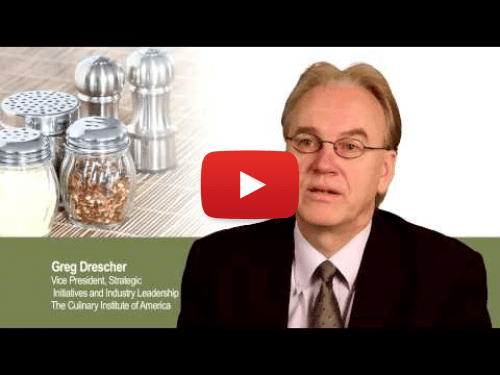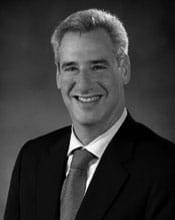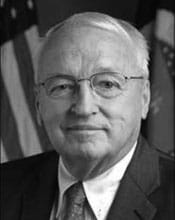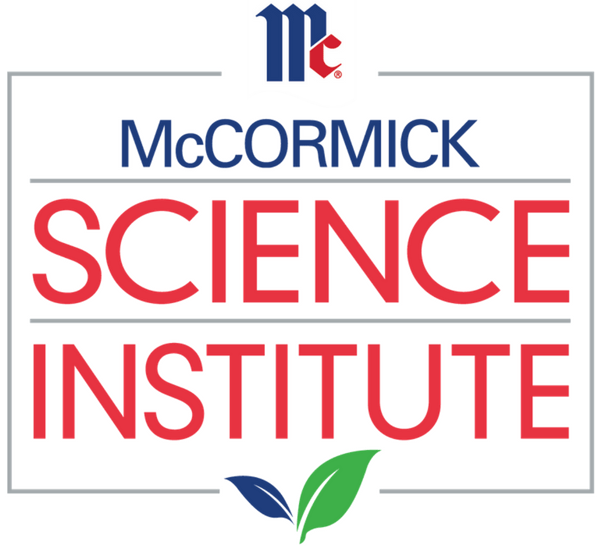
Join the Call to Action to Improve the Nation's Diet

Johanna T. Dwyer, DSc, RD, is a professor of medicine and community health at Tufts University School of Medicine, Boston, Massachusetts.
The author is a member of the McCormick Science Institute’s Scientific Advisory Council; owns stock in McCormick & Company, Inc; is the editor of Nutrition Today; and is a public trustee of ILSI North America.
Correspondence: Johanna T. Dwyer, DSc, RD, Frances Stern Nutrition Center Box 783, Tufts Medical Center, 800 Washington St, Boston, MA 02111 ( JDwyer1@tuftsmedicalcenter.org).
The McCormick Science Institute held a Science Summit on May 20–21, 2014, in Washington, DC, that brought together experts from academia, government, and the food industry to initiate a national conversation on the role of culinary spices and herbs in a healthy diet. Those of us who have toiled for years—sometimes decades—in the realm of nutrition education know how hard it is to help consumers change their eating habits. Sometimes it seems not merely difficult, but downright impossible. What does it take to achieve behavior change? How can we motivate consumers to adopt better eating patterns? What roles can spices and herbs play in helping consumers improve their dietary habits?
The Science Summit— “Spices and Herbs: Improving Public Health through Flavorful Eating — A Call to Action”—was designed to promote the sharing of information on the health and wellness benefits of spices and herbs and to provide a forum for discussing ways this information can be translated to consumers. Its overall goal was to develop an action plan for helping consumers improve their health by consuming healthier diets.
To achieve this goal, Summit presenters first reviewed the state of the science regarding spices and herbs in areas such as oxidative stress and inflammation, energy metabolism and satiety, cardiovascular risk factors, and glucose homeostasis. Presenters also addressed the importance of flavor in diet counseling and the use of spices and herbs in three key areas: improving the acceptance of reduced-fat and reduced-calorie foods, changing behavioral intentions among children and adults, and developing healthier and more flavorful food products and menus. Two other topics included current consumer attitudes and behaviors regarding health and nutrition and the ways in which spices and herbs can help consumers meet the recommended sodium intake and achieve other dietary guidelines outlined in future editions of the Dietary Guidelines for Americans.
After formal presentations, summit participants split into action groups assigned to one of three topics: translating the science directly to consumers; translating the science to consumers through industrial product development; and translating the science to consumers through public policy. Each group addressed the following questions: 1) What needs to get done? 2) How do we make it happen? and 3) What are the key next steps?
This supplement summarizes the Summit’s presentations and describes action plans designed to translate the science into the “next steps” to improve public health. Dozens of ideas were generated, only a fraction of which are summarized here. Perhaps the most important outcomes were an increased awareness of the promising physiological and culinary benefits of spices and herbs and a stronger commitment across all food-related arenas—from basic and behavioral research to product development, food and nutrition policy, and the media and foodservice industries—to work together to improve public health through flavorful eating.
Disclosures and acknowledgments
Copyright © 2014 Wolters Kluwer Health | Lippincott Williams & Wilkins

Join the Call to Action to Improve the Nation's Diet

Spices & Herbs for Healthy Eating Habits

Flavor Is What Drives Healthy Eating Habits

Richard Anderson, Ph.D.

Cheryl A.M. Anderson, Ph.D.

Keith Ayoob, Ed.D., RD, FADA

Brian Berman, M.D.

John Courtney, Ph.D.

Kevin W. Concannon
